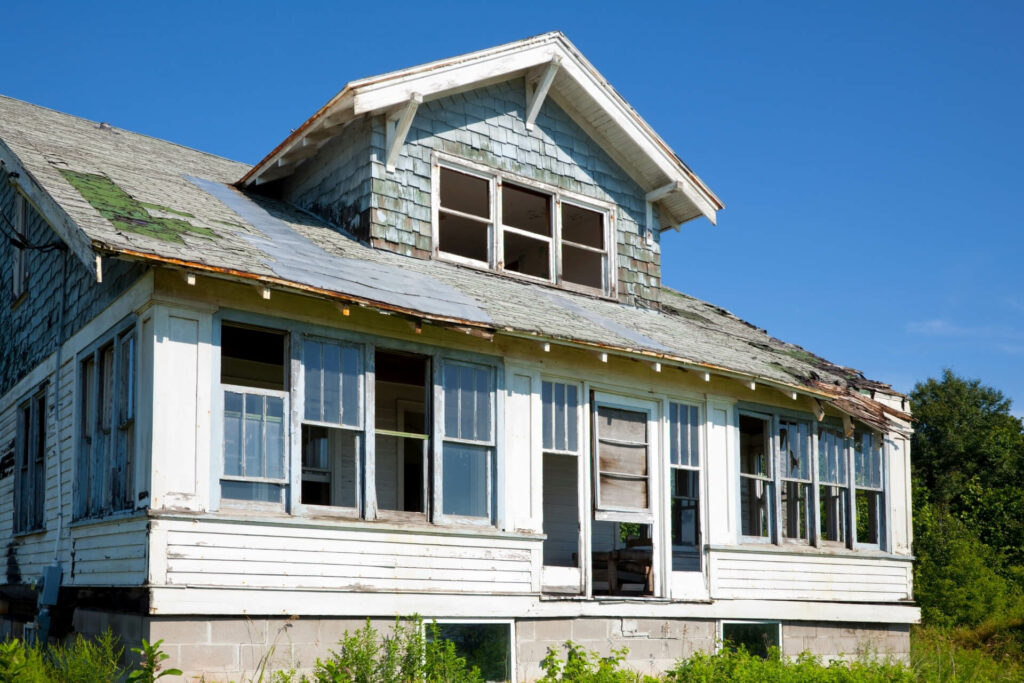Is Buying A Fixer-Upper to Rent Out Worth It in Oregon?
Real estate investors often struggle with whether buying a fixer-upper to rent out is worth the effort. The truth of it is, there is no clear-cut answer to this question. Several variables are involved, including the property’s location, state of repair, and how much the seller’s asking price is, and if there is room for negotiation. Here’s a list of On-Market Area Fixers.

Location
As the old saying goes, “Location, location, location.” Whether a rental property is a lucrative investment boils down to its location. A fixer-upper might be found at a fantastic price point, but if it is not in a desirable location, will all the money invested to bring it up to standards yield a good ROI?
In cities that are highly desirable and in-demand, chances are the answer is yes because you could move tenants in quickly and charge a premium rent. However, if the property is in a distant suburb with poor commuting, the answer would likely be no because you might find it difficult to recoup what you have spent as opposed to purchasing a turnkey property in a less desirable location.
State of Repair
A fixer-upper property might only need some solid TLC to bring it back to life. Others might have significant damage that would be expensive to fix to make it safe and livable. Even if purchased at a rock bottom price, would the length of time and expense needed to get it to the condition where it is rentable be worth the effort?
In some cases, if the work needed is mostly cosmetic or consists of basic repairs, the answer would likely be yes. Especially if you have DIY skills or work with a network of contractors who you trust to do good and timely work. In this case, you increase your chances an ROI can be achieved in a timely fashion. In other situations, if structural problems are why the home is priced low, you might want to steer clear. For instance, if the foundation is damaged, property needs asbestos removal, contains significant amounts of mold, meth damage has occurred, or has septic/sewer problems, chances are this is not the best investment.
The time and expense might be too much to even get you to the breakeven point, especially once factoring in any additional unexpected and hidden renovation costs that are always a risk when purchasing any property. Instead, seek to invest in a property that needs little to no major repairs to make it rentable.
Asking Price
A low asking price is one of the primary benefits of buying a fixer upper. These properties tend to sell at much lower purchase prices than houses that do not require remodeling or repairs. If a seller is motivated enough, they may even be willing to accept a lower asking price. Another benefit is a fixer-upper often comes with lower property taxes when compared with other homes in the area because taxes are charged on a property’s assessed value. Houses that need substantial work will typically have a lower assessed value.
Always have your own home inspector examine a fixer-upper so you can gain an honest assessment of the level of repairs and/or remodeling needed. If, after looking at the results and doing a cost analysis, it strongly appears your after repair value (ARV) will yield a good ROI, chances are the property would be a smart investment over the long term. Especially if you can quickly list it and fetch a good rent. However, if it appears it will be a while before you can start to break even or see any kind of ROI, you might be better off identifying a turnkey property to invest in.
